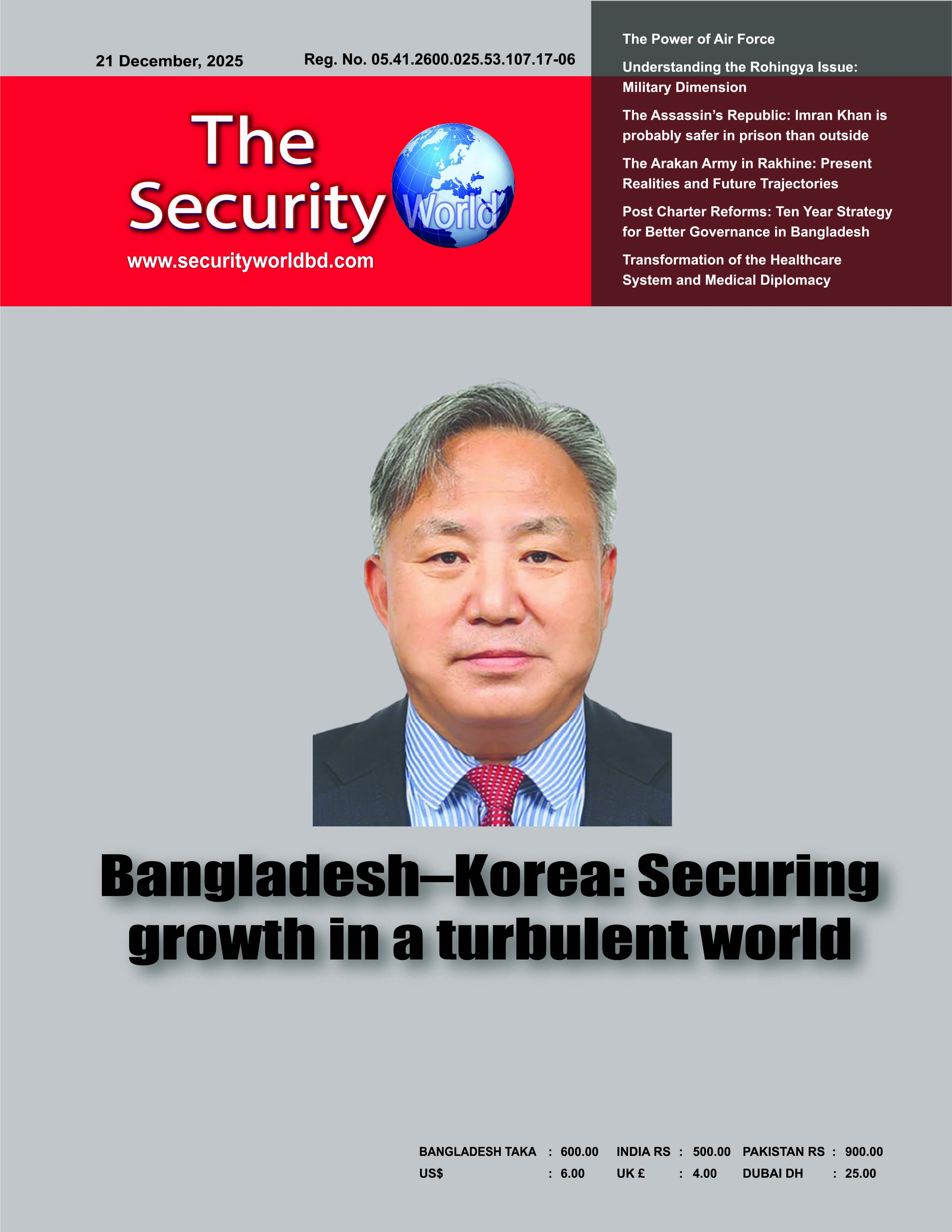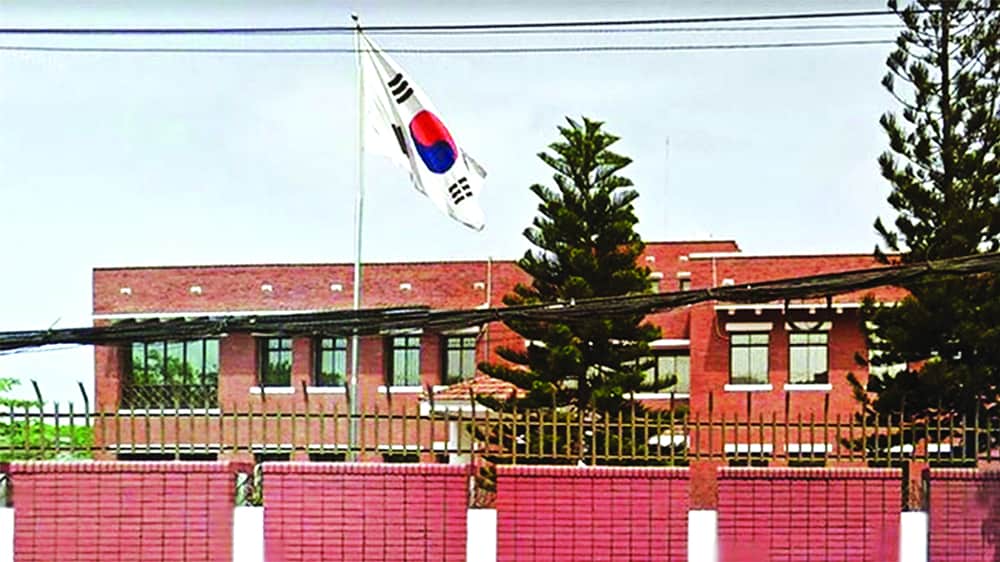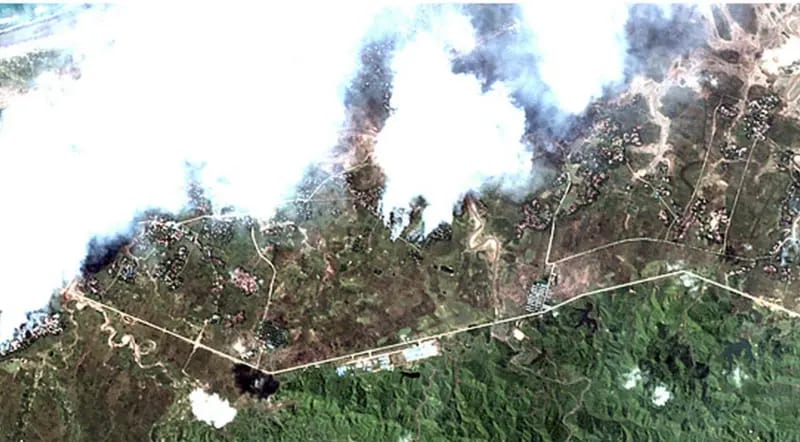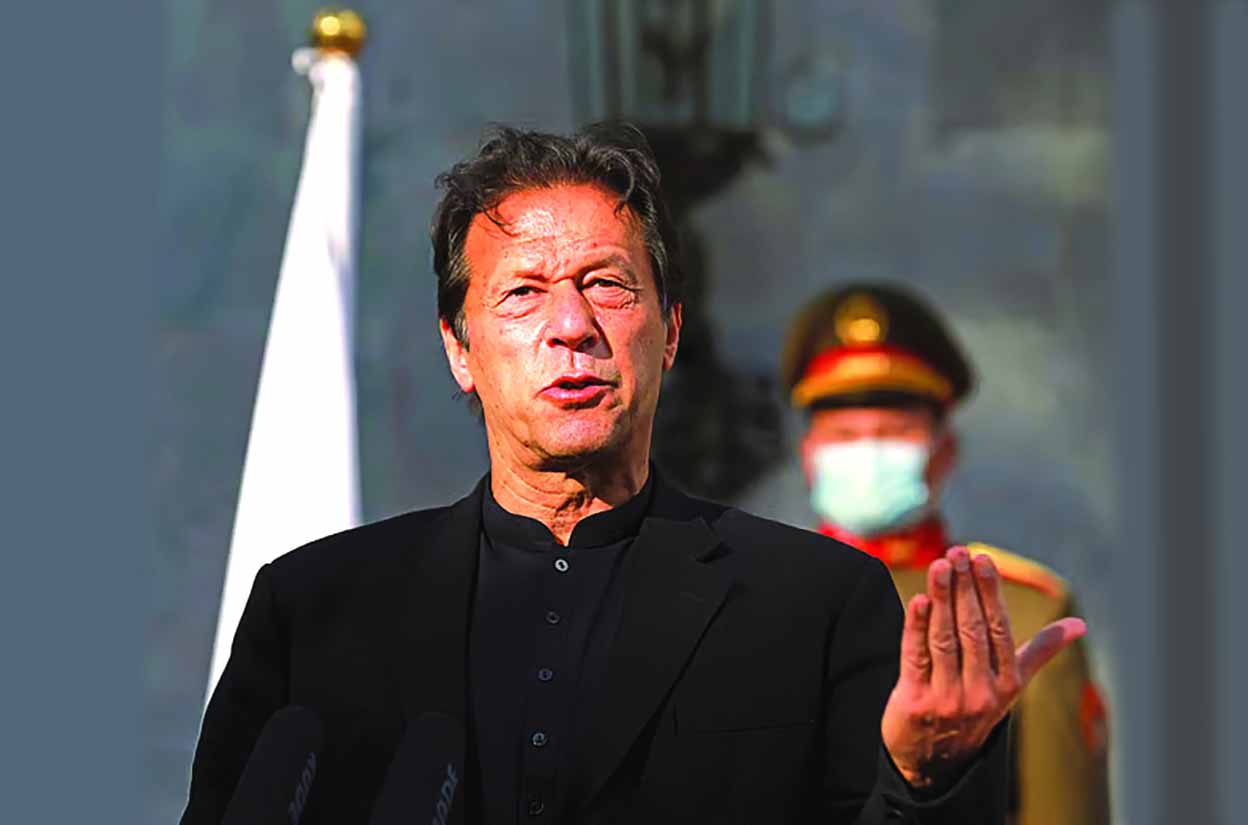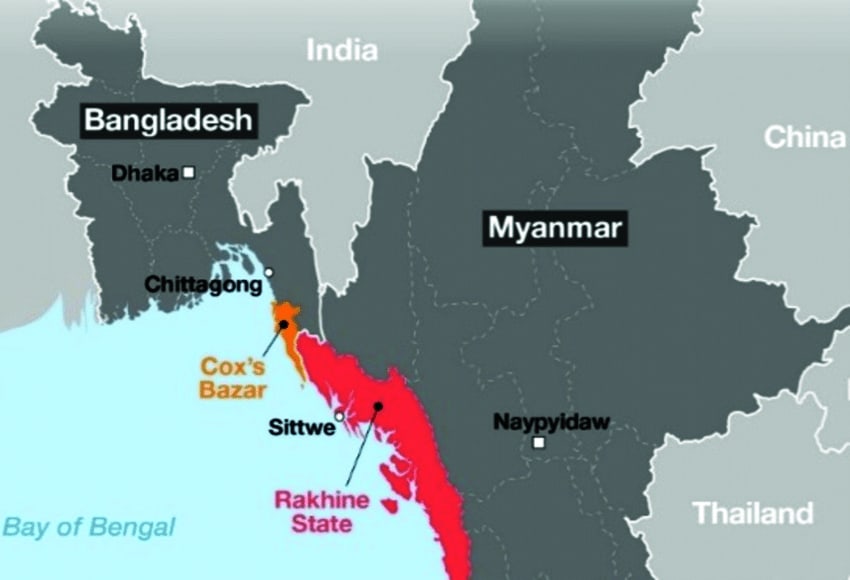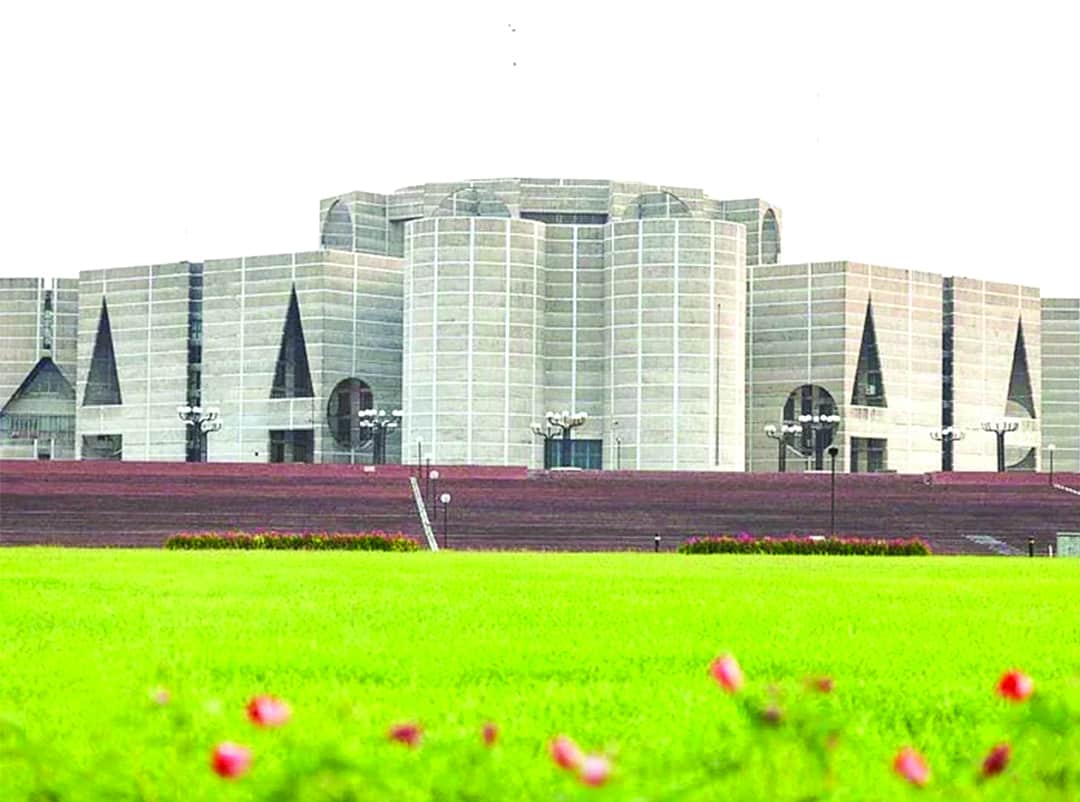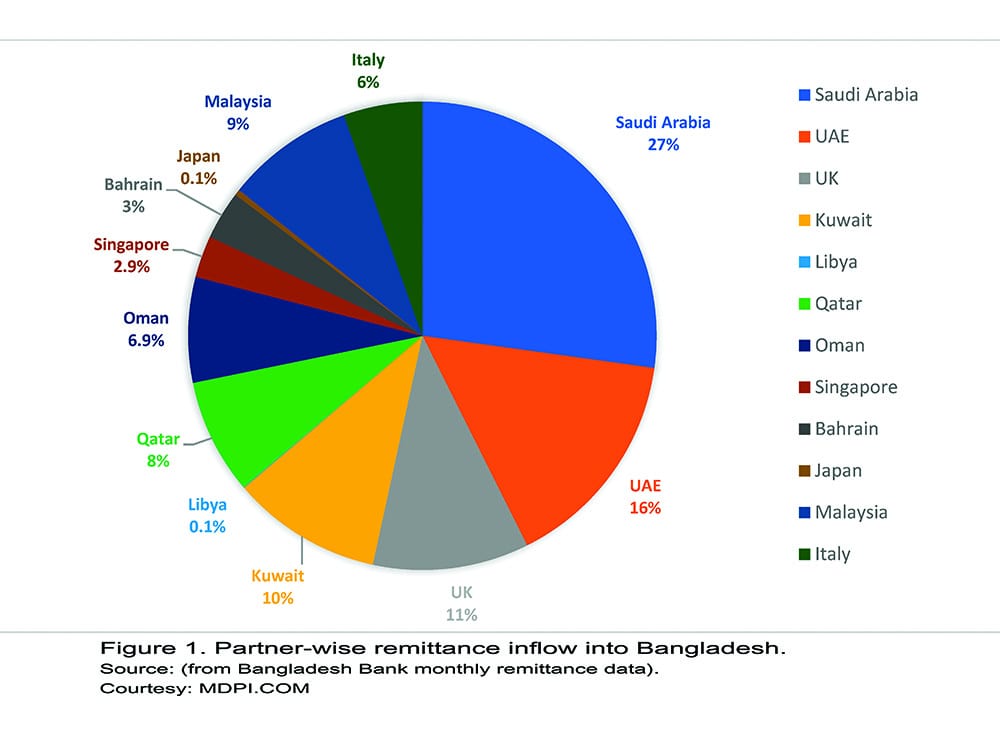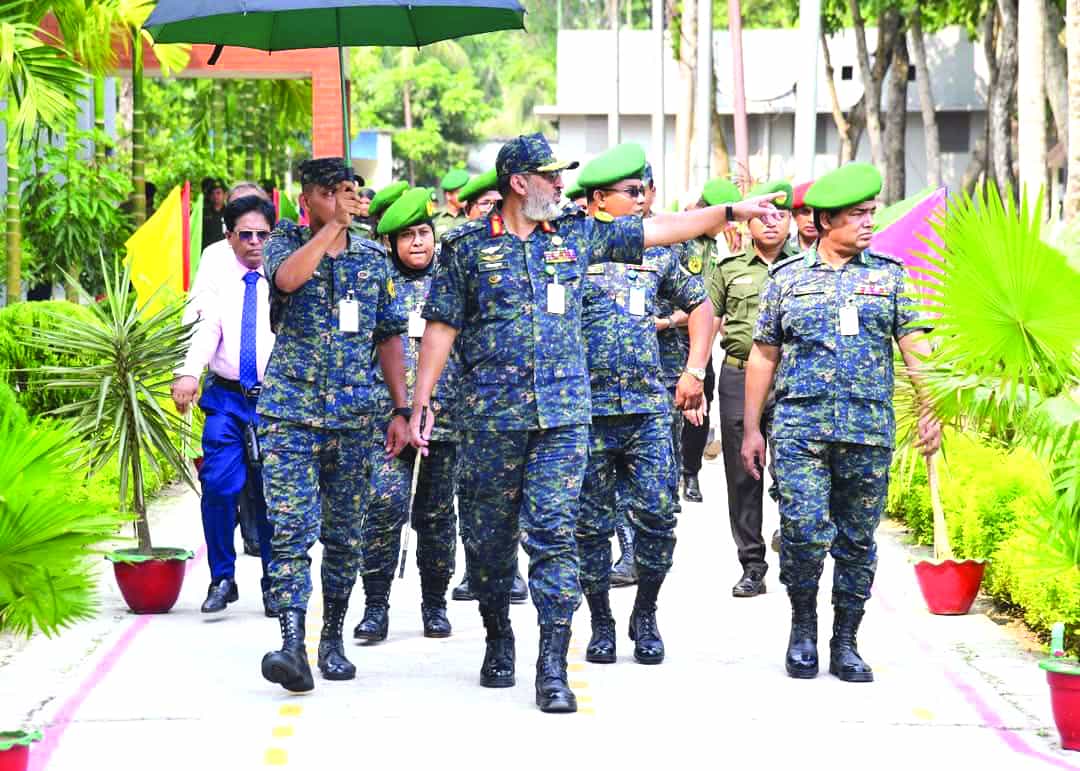Understanding the Current India-Bangladesh Relations from Realist Viewpoint

Lt Gen (Retd) Mohammad Mahfuzur Rahman, PhD
Former Principal Staff Officer, Armed Forces Division, Prime Minister’s Office. mahfuzba2172@gmail.com
Theoretical Dimension:
As a student of ‘Structural Realism’, my understanding, it is the structure of international system, the architecture of international system that largely explains how the states behave in this arrangement. In other words, international system is anarchic; there is no higher authority above the states that can meaningfully help if they are in trouble. In this kind of situation states pursue power because in that circumstance others are not capable of hurting. In such an international structure if a state is small and weak others are likely to take advantage. As such there is an inherent security competition and our region is no exception. India as a growing economic and regional power will try to dominate Asia and for good realist reason will try to become a hegemon in the region to protect her interest in Asia as well as in Indian Ocean Region. But she has a peer competitor China that makes competition more challenging and problematic.
India’s Outlook as Regional Power:
While identifying India’s outlook as regional power it is very pertinent to understand her ‘Strategic Culture’ to fathom her behavior in regional security spectrum. India’s Strategic Culture stipulates India’s security boundary extends beyond its political boundary. In her foreign and security policies there are imperatives of India’s centrality in South Asia. Besides, Kautilla’s Arthashastra hugely influence strategic culture (Four Upayas/Approaches; Sama/Alliances, Dana/Gifts, Bheda/Divide and Rule and Danda/Use of force). Her strategic culture is also influenced by two front dilemmas (Pakistan and China). The culture has realist dimension where Indira Doctrine seems has correlations.
‘Indira Doctrine’ was developed during the tenure of ex-Prime Minister Indira Gandhi (1980-1984) that was in line with Indian Strategic Culture and has similarity with realism. The doctrine lays down that India has a role as regional power to have geopolitical influence in South Asia; also her security interest requires a role in South Asian security gamut. India’s strategic culture, doctrines and realist viewpoints have shaped her out look as a regional power. However, her ambition as leading power in Indian Ocean Region being challenged by China. Even her Kautilla approaches have turned into a fiasco in the region. Her huge involvement in Afghanistan as strategic rear base against Pakistan has backfired after Taliban takeover.
The smaller countries in the region which once were friendly to India have distant away except Bhutan (however, Bhutan’s foreign minister visits to China in 2023 and her position about China on ‘Doklum Issue’ is a concern for India). After Mr Muizzu’s (Maldives) recent departure from India’s influence, there was `Maldives Syndrome’ prevailing in India’s strategic community about Bangladesh. Finally, the July-August 24 Revolution of Bangladesh came as an embarrassment and uneasiness to Indian elites in the polity. Because, Bangladesh is not like any other neighbor, it has immense strategic significance. China’s claim on Arunachal and standoff at Doklum (China-India-Bhutan tri-border junction) in 2017 which is only few kilometers from Siliguri Corridor (Chicken Neck).
Meanwhile, China’s proposal of Tista Project in Bangladesh near Chicken Neck is a factor. The potential transit through Bangladesh to North Eastern States of India now seems distant reality. Meanwhile, Manipur is still burning there. In addition, recent comments by Chief Minister of Mizoram Mr Lalduhoma, in the US about conviction of a Christian Stare in the tri-border area (India-Bangladesh-Myanmar) is a bolt from the blue. All of these have created stress and a security nervousness to India. Importantly, Maldives slipping away and Bangladesh distasting away are not the same thing.
‘Intelligence Failure’ to predict fall of Hasina Regime by intelligence community of India has not only awkward them but also questioned their policies to domestic audience as to how the general sentiment of Bangladeshis turned so hostile despite so much of investment in Bangladesh. Although, it should be remembered that regional power has ego, hubris and attitude. We are observing unfolding of its ramifications.
Ramifications:
To tame smaller countries regional and big powers would generally create condition of Instability, Security Anxiety and Democratic Defect.
(1). Instability; the kind we are experiencing in the country in the form of various protests and lawlessness mainly for few reasons; for long 15 years’ people could not ventilate their grievances now those are surfacing. There is a power and administration vacuum and order has broken down down. Various institutions, tools of government were customized based on clientist politics. Now the regime has gone but clients are there in various stratas of administration making them dysfunctional/ less functional. Above all India as regional power has been frustrated and out of desperation would induce instability in the form of unrest in RMG sector. The interim government would be portrayed as radical and Islamist sponsor and minority card will be played significantly. There would be price hike as Bangladesh is dependent on India for considerable agricultural products. Indian media’s relentless efforts will continue to portray Interim Government as puppet of the West and Hasina Regime change is like a ‘Maidan Coup’ of Ukraine in 2014. Painting to their home audience that Bangladesh as an unfriendly and ungrateful neighbor. But the worst that can happen if a wedge can be driven between/among the law enforcing agencies and security forces by creating chaos or a condition of a near civil war.
(2). Security Anxiety; already exists in our South East in CHT and due to Rohingya Crisis. Besides, we might see border tension rising. As a regional power causing a degree of uncertainty/anxiety by arm twisting in these issues are not difficult for India. Irrespective of center or states nod, intelligence organization’s inertia would likely to create condition unfavorable to Bangladesh. We are already experiencing those in CHT. It is likely to be a natural response to compensate their failure to predict ouster of Hasina Regime.
(3). Democratic Deficit; being the largest democracy why did India sponsor undemocratic practices in Bangladesh? Would Indian democracy allow similar sort of election in West Bengal or any Indian States as it happened in 2014, 2018 and 2024 in Bangladesh? It is from regional power outlook where smaller countries with democratic deficits are easier to control and manipulate. The same reason US sponsors undemocratic government in the Middle East and elsewhere.
How Should Bangladesh Navigate?
Bangladesh should be mindful, practical, pragmatic and maintain normalcy in relationship and engage India to address her embarrassment, anxiety and nervousness.
Misinformation/disinformation especially in Indian media to be addressed with truth and correct information sharing.
The interim government should actively reform administration and weed out bad elements creating bottle necks in the reformation.
There should be an active dialogue on CHT issue. It should be address as a national political issue not a security issues of 24 Infantry Division of Chittagong. The grievances of CHT people should be discussed and debated at national platforms.
Rohingyas to be trained and transformed into human capital, there is a necessity of creating hope and dream in them. Besides, forming a ‘Rohingya Commission’ to dedicatedly deal with the issue could produce grater dividend to address Rohingya issue.
The interim government should pick up merits and place people based on relevancy, meritocracy, efficiency and commitments in various institutions.
Finally, armed forces should be developed as a credible deterrence force with latent violence having punitive power and deference dominance capacity so that we are ‘left alone’ by others in the region to pursue our dreams.




